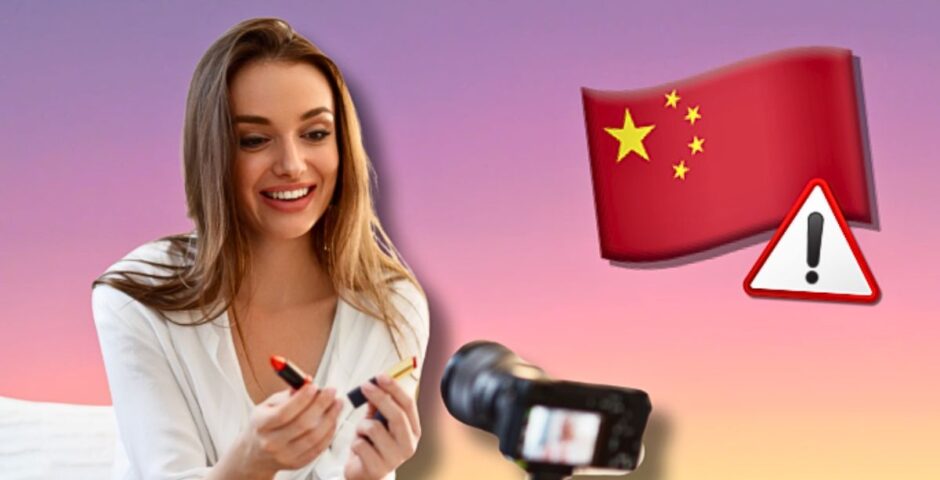
So China just introduced a crazy new law that every influencer now has to follow online
Penalties include suspensions and fines of up to £10k
China has introduced strict new laws for influencers, tightening the rules around what people can and can’t say online when it comes to professional advice.
The new regulation, which came into effect last Saturday, aims to draw a clear line between personal opinion and verified expertise — and it’s already causing debate across the influencer industry.
Under the law, anyone offering content in fields such as medicine, law, education or finance will now need to hold a valid qualification or degree in that area. So if you’re an influencer giving out study hacks or career advice in China, you’ll have to prove you’re actually qualified to do so.

via Unsplash
The change has been introduced by the Cyberspace Administration of China (CAC) in an effort to combat misinformation and protect users from potentially harmful or misleading advice online. The CAC has said the law is about ensuring “authenticity and reliability” in online content, but many believe it’s also a way for the government to keep tighter control over what is shared on major social platforms.
Given the scale of China’s influencer economy — which is estimated to be worth over 1.2 trillion RMB — the new rules could have a massive impact. Influencer marketing has become one of the country’s biggest industries, with thousands of creators making a full-time living through brand deals, product recommendations and live-streamed shopping events. Some experts say the crackdown could push more people away from content creation and back into the country’s traditional workforce.
Most Read
With many social media platforms like TikTok not available in the country, platforms most affected will include Douyin, Bilibili and Weibo, which have all been instructed to introduce verification systems for creators producing educational or professional content. The new influencer law in China is expected to check whether influencers hold the right certifications before allowing them to post advice in certain areas.
Those who fail to comply could face serious penalties. Accounts may be suspended, and fines could reach up to ¥100,000 RMB (around £10 552), The government hopes this will discourage unqualified users from sharing misleading information — but critics argue it could also stifle freedom of expression online.
Either way, the new influencer law in China marks another major step in the country’s ongoing effort to control the fast-growing world of influencer culture.





















